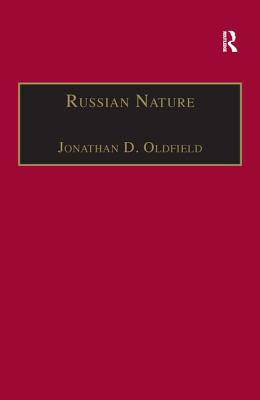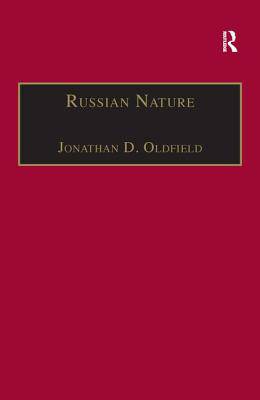
- Afhalen na 1 uur in een winkel met voorraad
- Gratis thuislevering in België vanaf € 30
- Ruim aanbod met 7 miljoen producten
- Afhalen na 1 uur in een winkel met voorraad
- Gratis thuislevering in België vanaf € 30
- Ruim aanbod met 7 miljoen producten
Zoeken
€ 70,45
+ 140 punten
Uitvoering
Omschrijving
Jonathan D Oldfield provides a detailed assessment of the changing relationship between Russian society and the wider environment since the fall of the Soviet Union. Through this, he highlights the need to critically evaluate assumptions regarding the post-Soviet environment, in order to move beyond generalization and engage meaningfully with the particularities of Russia's contemporary environmental situation. The book begins by focusing on the nature of Soviet environmental legacies as a necessary backdrop to the remainder of the study. This is followed by a general examination of the relationship between economic change and pollution output during the course of the 1990s. Further chapters provide in depth analysis of recent legislative and policy developments in the area of environmental protection and an exploration of emerging pollution and environmental quality trends at both the national and regional level. In addition, the book highlights pressures that are related to Russia's engagement with the global economy.
Specificaties
Betrokkenen
- Auteur(s):
- Uitgeverij:
Inhoud
- Aantal bladzijden:
- 184
- Taal:
- Engels
- Reeks:
Eigenschappen
- Productcode (EAN):
- 9781138278004
- Verschijningsdatum:
- 28/11/2016
- Uitvoering:
- Paperback
- Formaat:
- Trade paperback (VS)
- Afmetingen:
- 156 mm x 233 mm
- Gewicht:
- 452 g

Alleen bij Standaard Boekhandel
+ 140 punten op je klantenkaart van Standaard Boekhandel
Beoordelingen
We publiceren alleen reviews die voldoen aan de voorwaarden voor reviews. Bekijk onze voorwaarden voor reviews.











